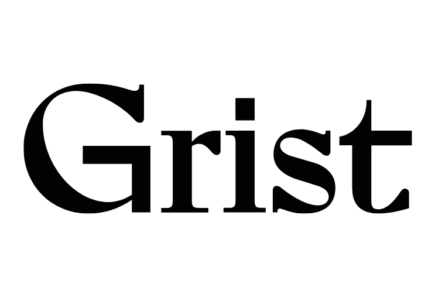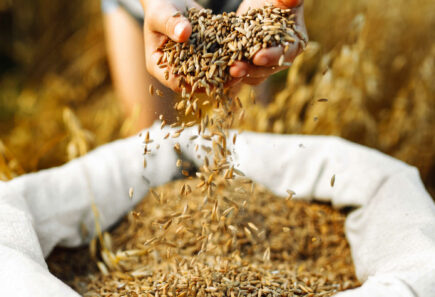
Climate benefits of accelerating global production of alternative seafood
This white paper explores how plant-based and cultivated seafood could fill the growing seafood supply gap while mitigating climate change.

This white paper explores how plant-based and cultivated seafood could fill the growing seafood supply gap while mitigating climate change.

GFI's Emma Ignaszewski's expertise is included in this Grist piece which found that replacing half of the world's meat and milk consumption with plant-based alternatives could effectively halt deforestation associated with animal agriculture and make a significant dent in agricultural GHG emissions.

GFI's Bruce Friedrich unpacks the positive impact that alternative proteins can have on tackling the climate crisis, public health, and nature restoration.

GFI's Bruce Friedrich is interviewed by Andy Jarvis from the Bezos Earth Fund, as they both unpack the outsized positive impact that alternative proteins can have not only on tackling the climate crisis, but also our health, animal well-being and nature restoration.

Vox featured GFI’s State of Global Policy Report, which highlights the need for increased government investment in alternative proteins.

This webinar will highlight the exciting findings of GFI's latest analysis identifying high-value crop “leftovers” or sidestreams with tremendous potential for maximizing food production via alternative proteins.

Alternative protein industry professionals can join our directory to establish a presence at key universities and engage with educators and student leaders in the Alt Protein Project.

Learn about six innovative startups building a more sustainable food system and how they are doing it.

This paper explores how plant-based and cultivated seafood could fill the growing supply gap while minimizing impacts on biodiversity.

These companies aren’t just talking the talk when it comes to building a brighter food future, they are walking the walk.